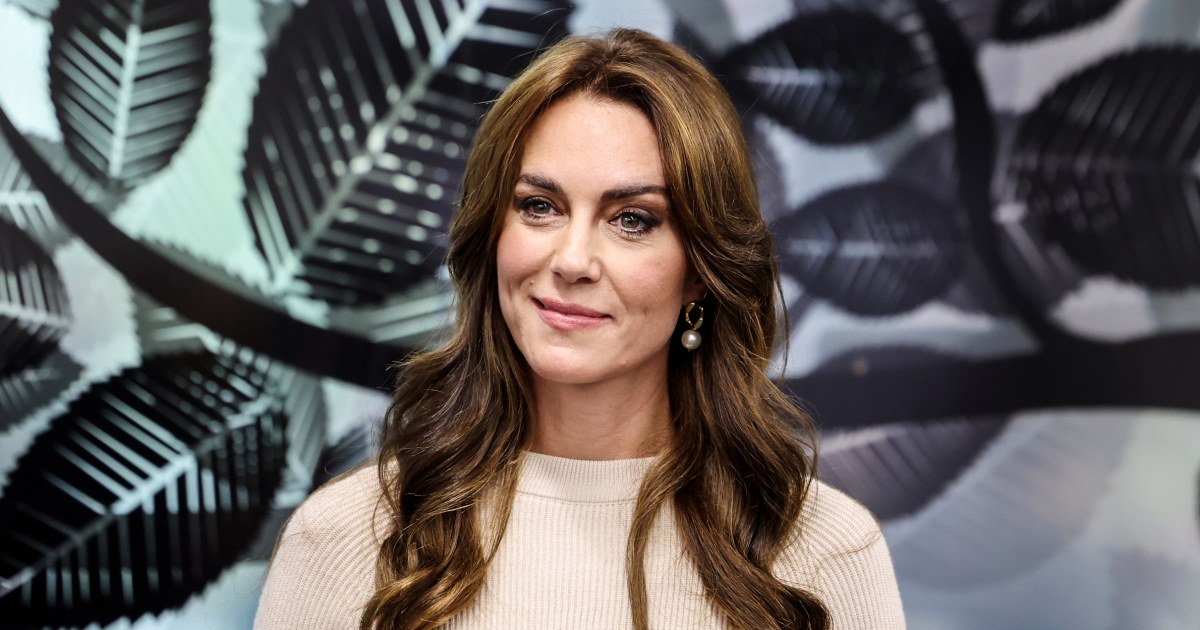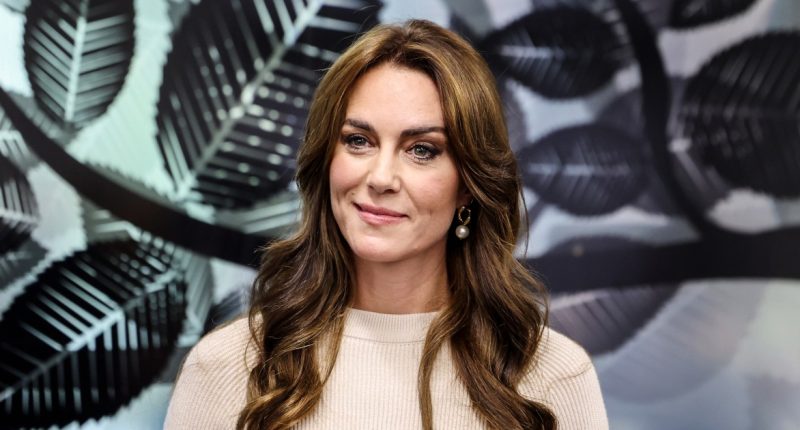
Kate, the Princess of Wales, said Friday that she is in the early stages of “preventative chemotherapy” for cancer that was found following abdominal surgery in January.
In a taped video statement, the future queen of England said that at the time of her surgery, doctors did not believe her condition was cancerous. Tests done afterward, however, found that “cancer had been present,” she said.
“My medical team therefore advised that I should undergo a course of preventative chemotherapy, and I’m now in the early stages of that treatment,” Kate said in the video. A Kensington Palace representative said the chemotherapy began in late February.
Kate did not say what type of cancer doctors found, or how advanced it was. But cancer doctors say that in general, preventive or, more specifically, “adjuvant” chemotherapy is quite common following surgery that finds cancer.
“It’s almost like an insurance policy,” said Dr. Andrea Cercek, a gastrointestinal oncologist at Memorial Sloan Kettering Cancer Center in New York City. “The person has had surgery to remove all the cancer that is visible, and then we give chemotherapy to try to eliminate or get rid of any remaining cells that might be in the body but are too small to be seen.”
“The surgery was successful, and that’s the most important thing,” said Dr. Eleonora Teplinsky, head of breast and gynecologic medical oncology at Valley Health System in New Jersey. The objective of adjuvant chemotherapy is to “reduce the chance for the cancer to come back in the future.”
None of the physicians interviewed for this story has been involved in Kate’s medical care.
The type of adjuvant chemotherapy and the length of treatment depends on the type of cancer that’s been diagnosed.
It’s given within a specific window of time proven to increase the chances that the cancer will never progress or return, said Dr. Ben Ho Park, who leads the Vanderbilt-Ingram Cancer Center in Nashville, Tennessee.
“You get one shot on goal when you have cancer that’s been surgically removed,” he said.
Chemotherapy can lead to a host of possible side effects, including extreme fatigue, poor appetite and nausea. Hair loss can occur, but not always. It also has the potential to lower a person’s ability to fight off viruses and other illnesses.
“Depending on which drug she’s getting, there may be more individual side effects that we assess for and monitor,” Teplinsky said.
At age 42, Kate is relatively young and, by all public accounts, otherwise healthy. “Someone who is 42 has more decades of life ahead of them than someone who’s 82. That somewhat colors our thinking in terms of, ‘Hey, should we be as aggressive as possible to make sure that this cancer will never come back?’” Park said.
Cancer experts worldwide have noted rising cases in younger adults.
“In general, we’re seeing more and more people who are younger who are getting cancer. In my area of expertise, colorectal cancer, we know colon cancer is definitely on the rise. The screening age has turned to 45 because of that,” said Dr. Aparna Parikh, an oncologist at Massachusetts General Hospital in Boston. “But beyond just colon cancer, other cancers are also rising in younger people.”
While it is unknown what type of cancer Kate’s doctors found, “it’s important to raise awareness for young adults that this can affect anyone,” Cercek said.
Source: | This article originally belongs to Nbcnews.com









